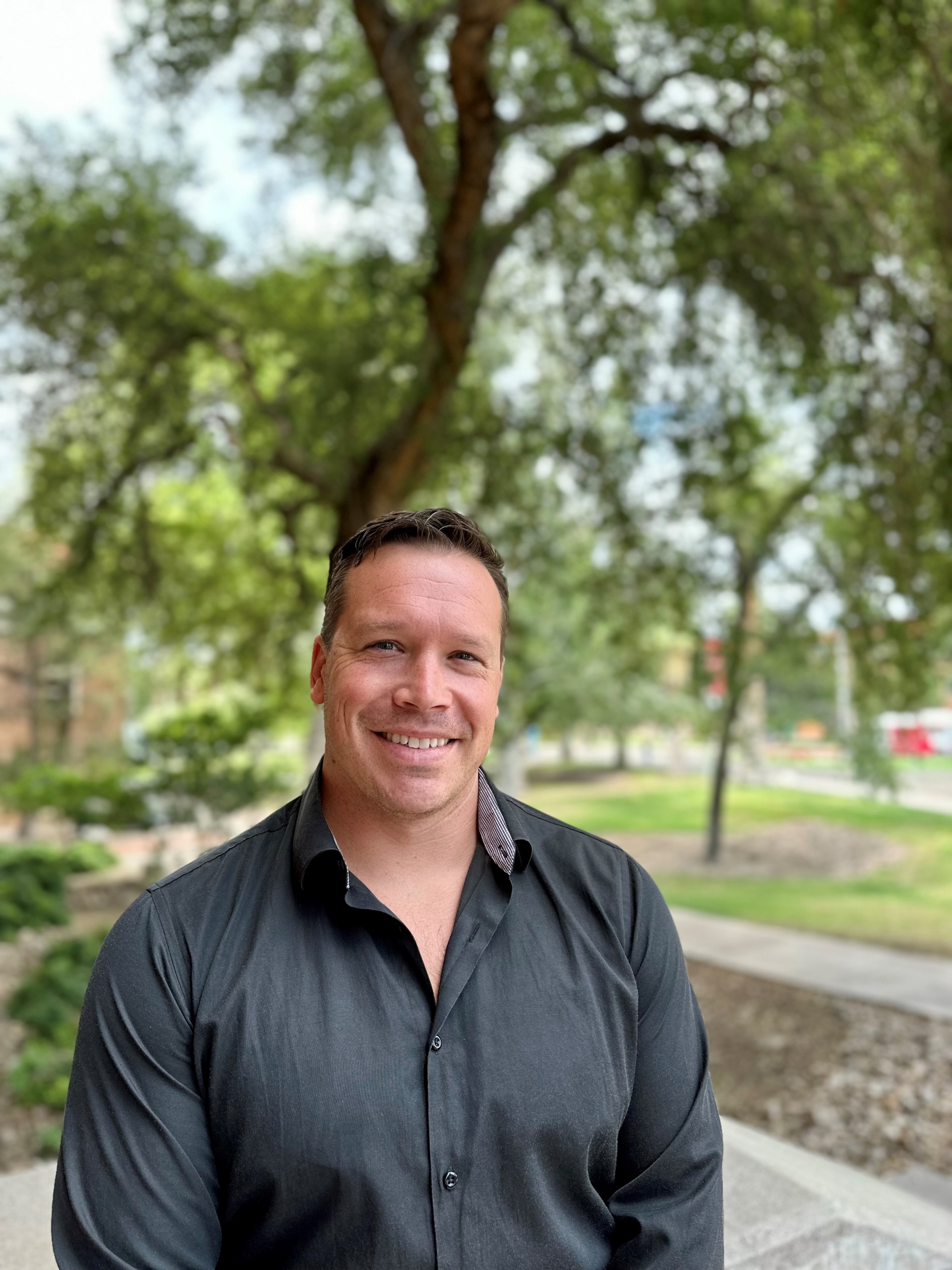
He calls his life “a fun mess.” Still, David J. Clark’s path to Tucson has been shaped by unique experiences that fostered a passion for Philosophy and the study of its impact on critical issues affecting individuals and a democratic society. The opportunity to be part of UArizona’s first-class philosophy program and having the time to pursue research convinced him to move with his wife and three young children to Tucson.
“The Freedom Center was a perfect fit because of its multidisciplinary focus, including politics, law, ethics, and philosophy,” David says. “My current research focuses on the question of how we should respond to harm and the threat of harm. I’m particularly interested in understanding the mechanics by which our rights against harm can be modified or suspended — and applying these insights to important social and political institutions, including war, criminal law, immigration law, and tort law.”
A Connecticut native, David’s educational journey began at the University of Connecticut, followed by stops at West Point and Biola University in California, where he completed his undergraduate studies. West Point’s class on the ethics of war with Prof. Timothy Valentine inspired him to pursue philosophy.
However, David’s life took a turn, and he returned to New England for three years to pursue another passion, farming.
“We managed a 150-acre organic farm in Vermont, and I loved it, but I broke my back, which eventually brought me back to academia and philosophy,” David continued.
David, once again, moved west, earning a master’s degree from Northern Illinois University and his Ph.D. in Philosophy from the University of Southern California. David’s dissertation focused on the question of how we should respond to harm and the threat of harm and addresses such questions as:
- When and why may we harm someone to defend ourselves or others?
- When should we (not) protect those who don’t want our protection?
- When does someone owe compensation for past harms?
- Who should bear the costs of mistakes made by state officials?
His most recent publication, The Demands of Necessity (Ethics, June 2023), details how defensive harm is subject to both a proportionality and necessity constraint.
“I argue that these two constraints express the very same moral demand, only at different levels of generality – specifically, the demand that an attacker not be made to bear more cost to avert their attack than they would be required to take on themselves,” David wrote.
Perhaps David’s passion for this line of philosophy comes from his background playing rugby and wrestling. With his back healed, he enjoys hiking with his family and his dog, training in Brazilian Jiu-Jitsu with his children, and playing Ultimate Frisbee with his wife.
The Freedom Center is thrilled to welcome him to UArizona and looks forward to his current and future scholarship.

